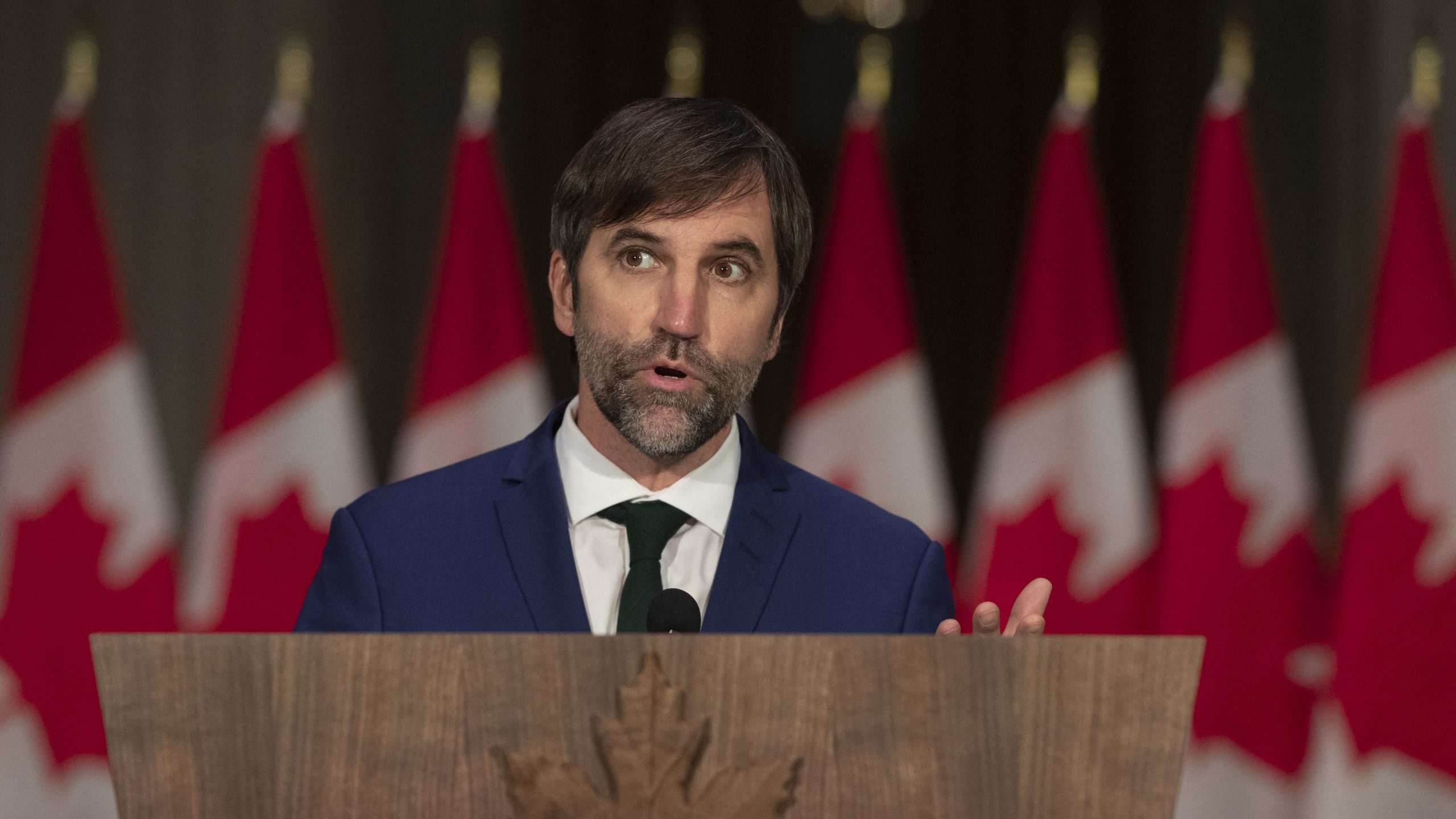The most significant reversals in climate change policy history have taken place in only eight months.
At the Glasgow COP 26 climate summit last November, most attendees arrived determined to continue with decarbonizing the global energy complex to meet 2015’s Paris 2030 emission reduction targets and the new Net Zero by 2050 pledge.
But even then, serious problems were emerging. Oil, gas, coal and electricity prices were rising. Renewable energy was proving to be oversold in terms of reliability. China and India left Glasgow without making firm commitments on reducing coal consumption.
Four months later Russia invaded Ukraine, making fossil fuels a major geopolitical weapon for the first time in decades.
Today, the eight months since Glasgow seems like eternity in a world facing energy shortages, rising prices, and food supply risks. Plus a war in Eastern Europe with an unknown outcome.
Everyone knows the rest. Europe is starved for natural gas and facing an uncertain winter. The US is trying to persuade OPEC+ countries to produce more oil while draining its Strategic Petroleum Reserve to cap gasoline prices. Coal fired generating plants are being restarted all over the world.
The situation in Europe is so severe that Canada ignored international commitments to quit doing business with Russia by approving the return of natural gas compressors from the Nord Stream pipeline in Canada for servicing.
This angered Ukraine and was certainly a difficult decision. But the alternative was even worse – tougher gas supply conditions for fellow G7 and NATO member Germany.
Only a year ago, Canada was determined to be a climate leader in every way. Last July the federal government announced it would not only meet its 2030 targets but exceed them. Instead of cutting emissions by 30 per cent from 2005 levels, the new goal was 40 to 45 per cent. This was part of the Liberal election platform on September 20, 2021. Framework legislation was introduced earlier this year.
On July 18, Ottawa reminded Canadians that its emission reduction goals would not be interrupted by events as trivial as geopolitical energy chaos.
Environment Minister Steven Guilbeault announced that two of the policy tools to ensure oil and gas industry emissions did indeed decline by at least 40 per cent in only 7.5 years would be an industry-specific cap-and-trade system or modified carbon pricing.
Officially, this increased reduction target is still attainable.
But details about what emissions levels are the starting point are not yet known, meaning neither is the 2030 definition of success.
The carbon pricing options are open for comment until September with the official policy to be introduced next year.
Assuming nothing happens until then, the timeline to meet Ottawa’s aspirational emission reduction targets will be one year shorter.
Meanwhile, Canada has pledged to increase oil production and LNG exports after being pressured by fellow G7 member countries for more non-Russian hydrocarbon supplies.
So if the production increases that Canada has promised Europe are met and nothing else changes, emissions will be even higher. This makes the likelihood of meeting the new 2030 reduction goals even more remote.
The official release stated, “The cap will focus on emissions and will not be a cap on oil and gas production. It will maximize opportunities to invest in decarbonizing the sector while accounting for evolving energy security considerations.”
The difference between Canada and the rest of the world is that other countries are focused on protecting their citizens from immediate risks, not their 2030 emission pledges.
In the US, on September 15 President Joe Biden’s hallmark US$2 trillion climate program from the 2020 election campaign died in the Senate after key Democrat Senator Joe Manchin withdrew his support. Manchin said that borrowing this much money before inflation was brought under control was now a bad idea.
To ensure energy security, the EU has reversed its position on using natural gas and nuclear power as key components of the energy transition to renewables. This has angered European environmentalists.
Newly elected green governments in Germany and Australia are sticking with or expanding their coal-fired power generation capabilities despite campaign pledges to do otherwise.
Realistically, the federal government’s accelerated 2030 emission targets for the oil and gas industry are impossible without shutting in production. But Ottawa has instead pledged to increase output to help alleviate global shortages.
The International Energy Agency is warning about the serious problems that gas shortages may cause in Europe.
The largest untapped gas resources in the world in responsible hands are in Canada.
And our federal government is still pitching last year’s plan.
David Yager is an oilfield service executive, oil and gas writer, and energy policy analyst. He is author of From Miracle to Menace – Alberta, A Carbon Story.
The unaltered reproduction of this content is free of charge with attribution to Canadian Energy Centre Ltd.
